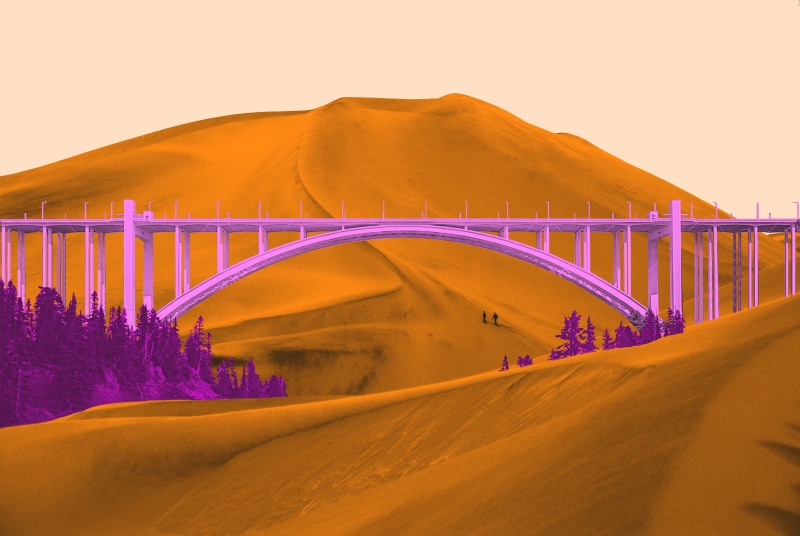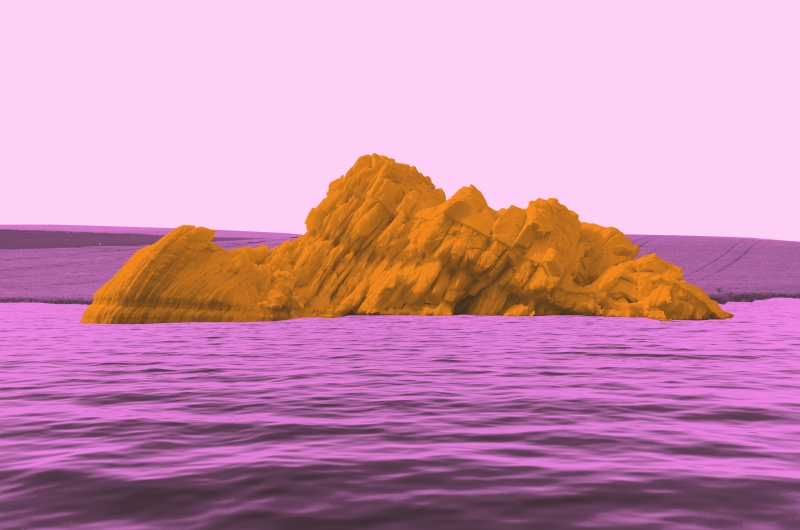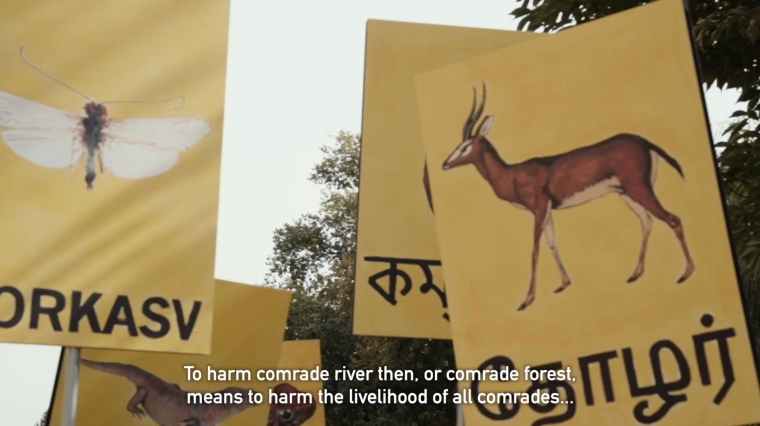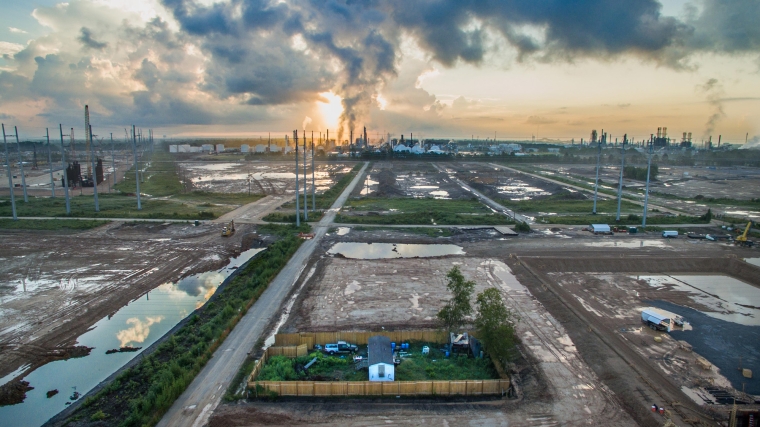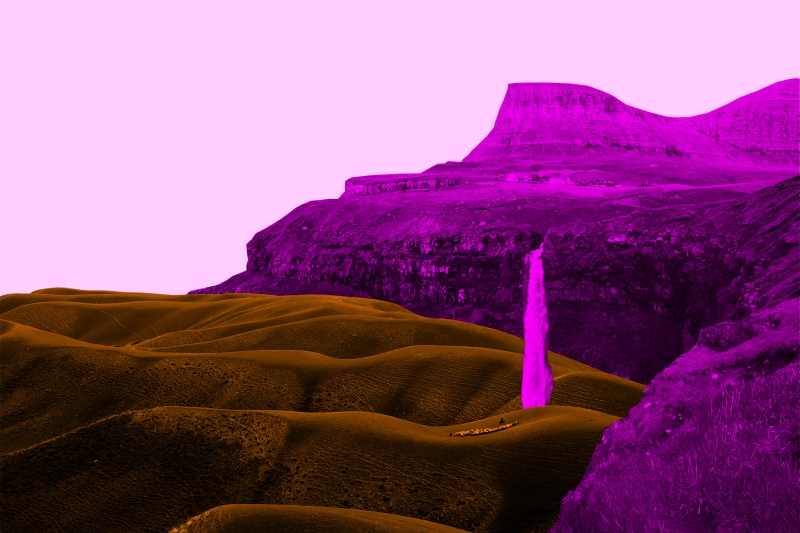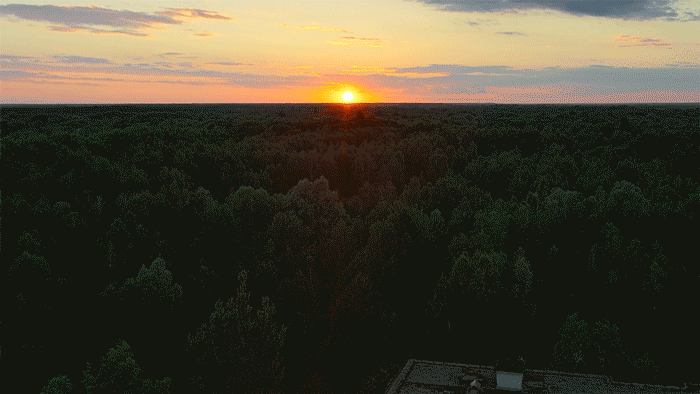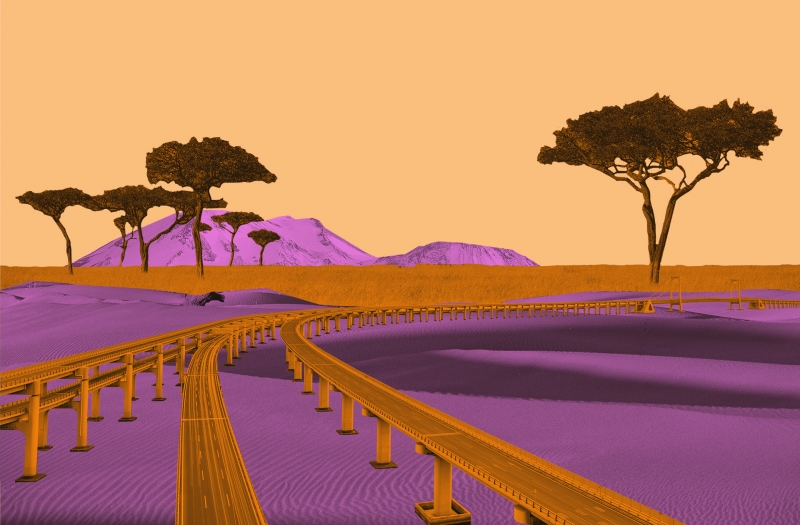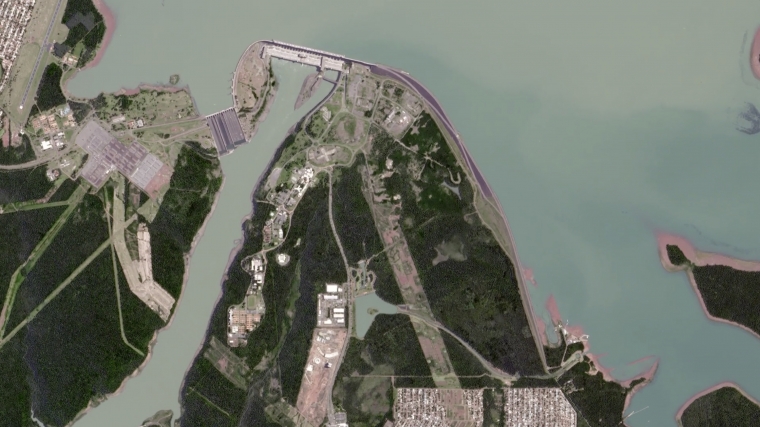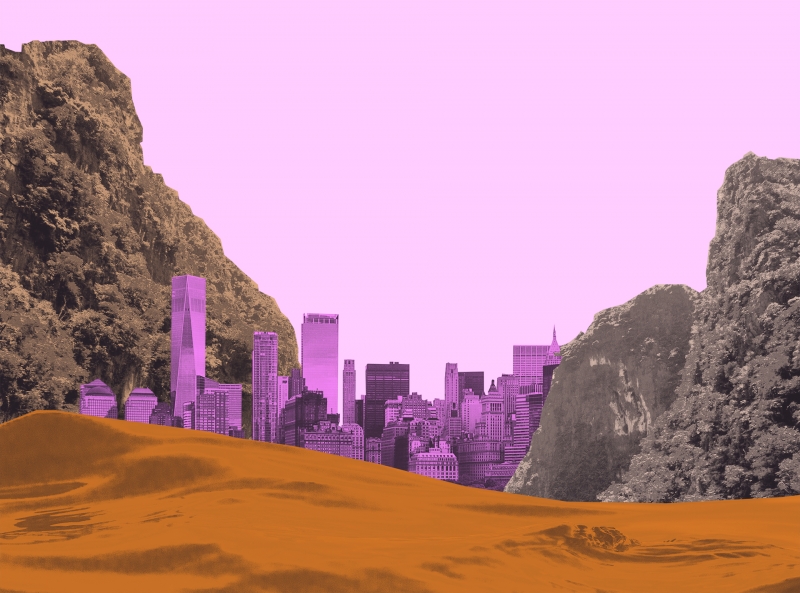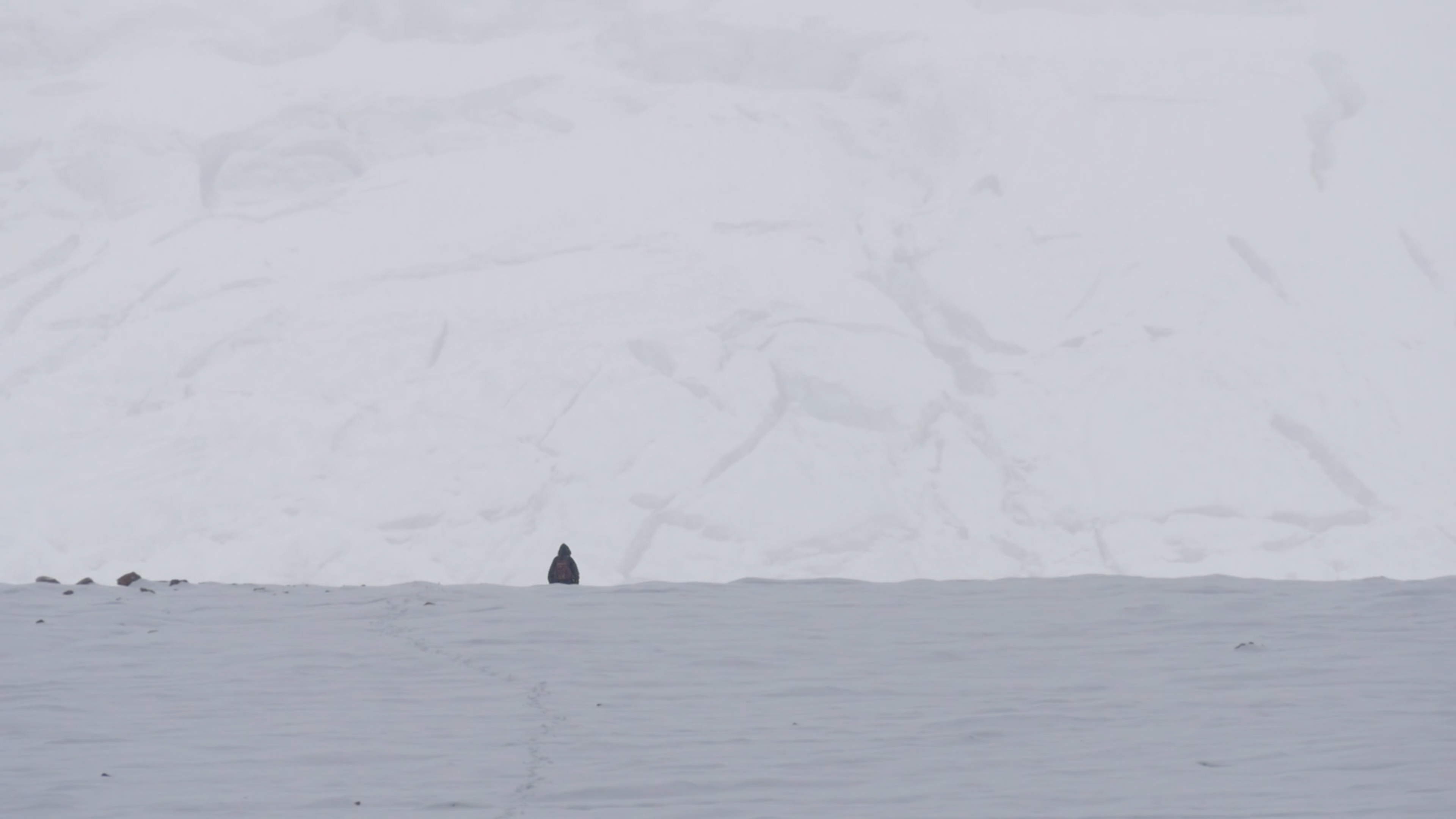
Audrius Stonys: Woman and the Glacier
Shown here from 13 January to 13 February 2022, as part of the Climate Collective video screening series.
A story of the fragile woman and the eternal glacier.
In the Kazakh regions of the Tian Shan mountains, scientist Aušra Revutaite has dedicated the past thirty years to the study of the Tuiuksu glacier — living an evidently impoverished and almost completely isolated existence, save for her cat and dog whose feral intensity is countered by the slow, paced movements of Revutaite as she makes her daily journey to the glacier to retrieve data and calibrate her bespoke instruments; a task that she resumes at night when field-work is transformed into records. Through the solitude of work, the film offers an environmental reverie on the minor dramas of the everyday, one in which climate science emerges as a ritual-like practice of measuring and monitoring incremental changes to environmental systems, which aggregate to tell a global story. The narrative of "survival against adversity" that all too often shapes films documenting humans living and working in extreme mountain environments is refused in favour of a story of companionship between humans and more-than-human worlds. In doing so the film cuts between seemingly incommensurate realities, bringing past histories into magical presence through the mediating force of glacial ice. Ultimately it will be the complete loss of support for her scientific work that will necessitate the abandonment of the research station and the glacier that Ausra Revutaite has so dutifully cared for and come to love.
— Climate Collective: T. J. Demos, Molemo Moiloa, Susan Schuppli and Paulo Tavares
"Woman and the Glacier" (2016, 56 minutes) by Audrius Stonys.
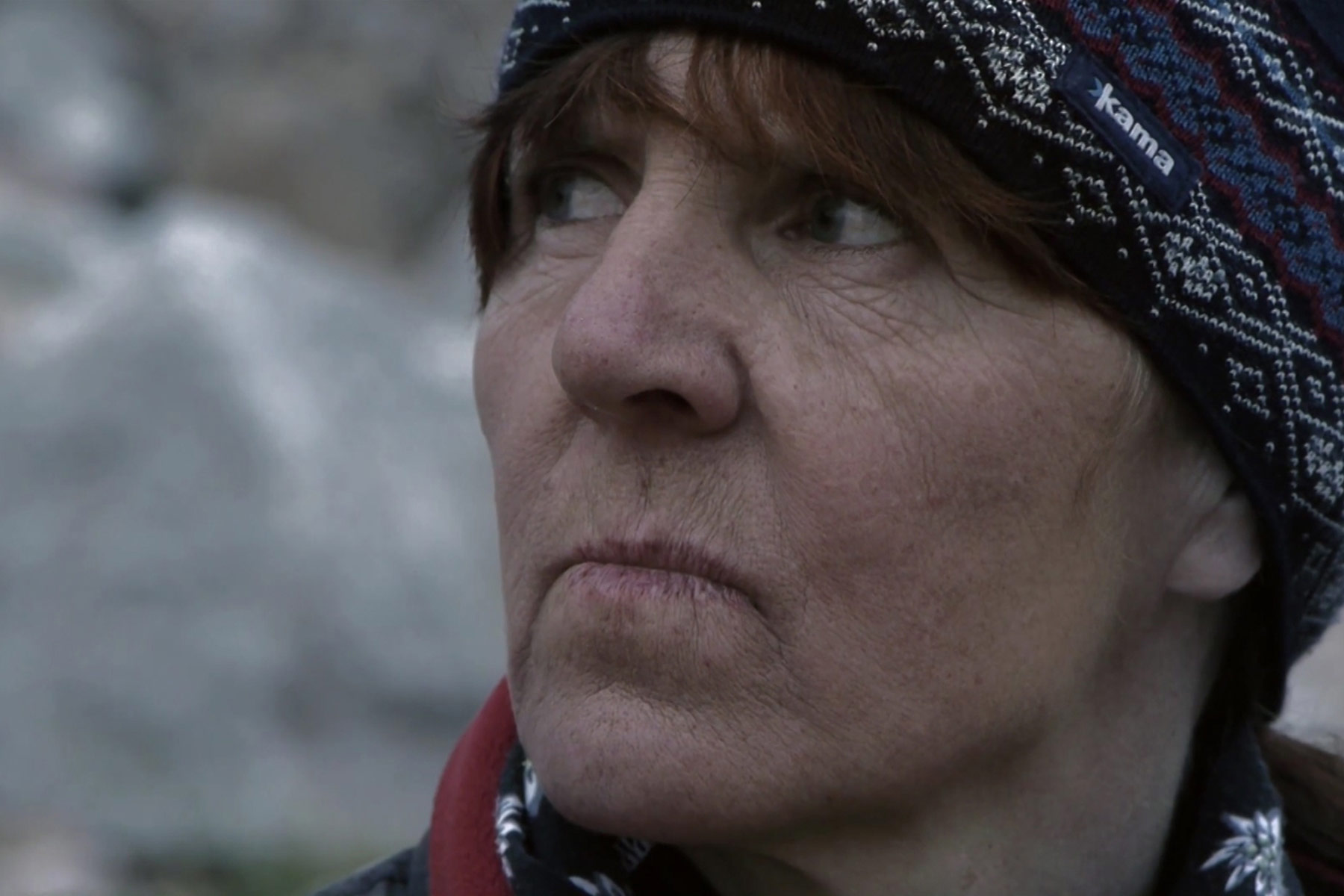
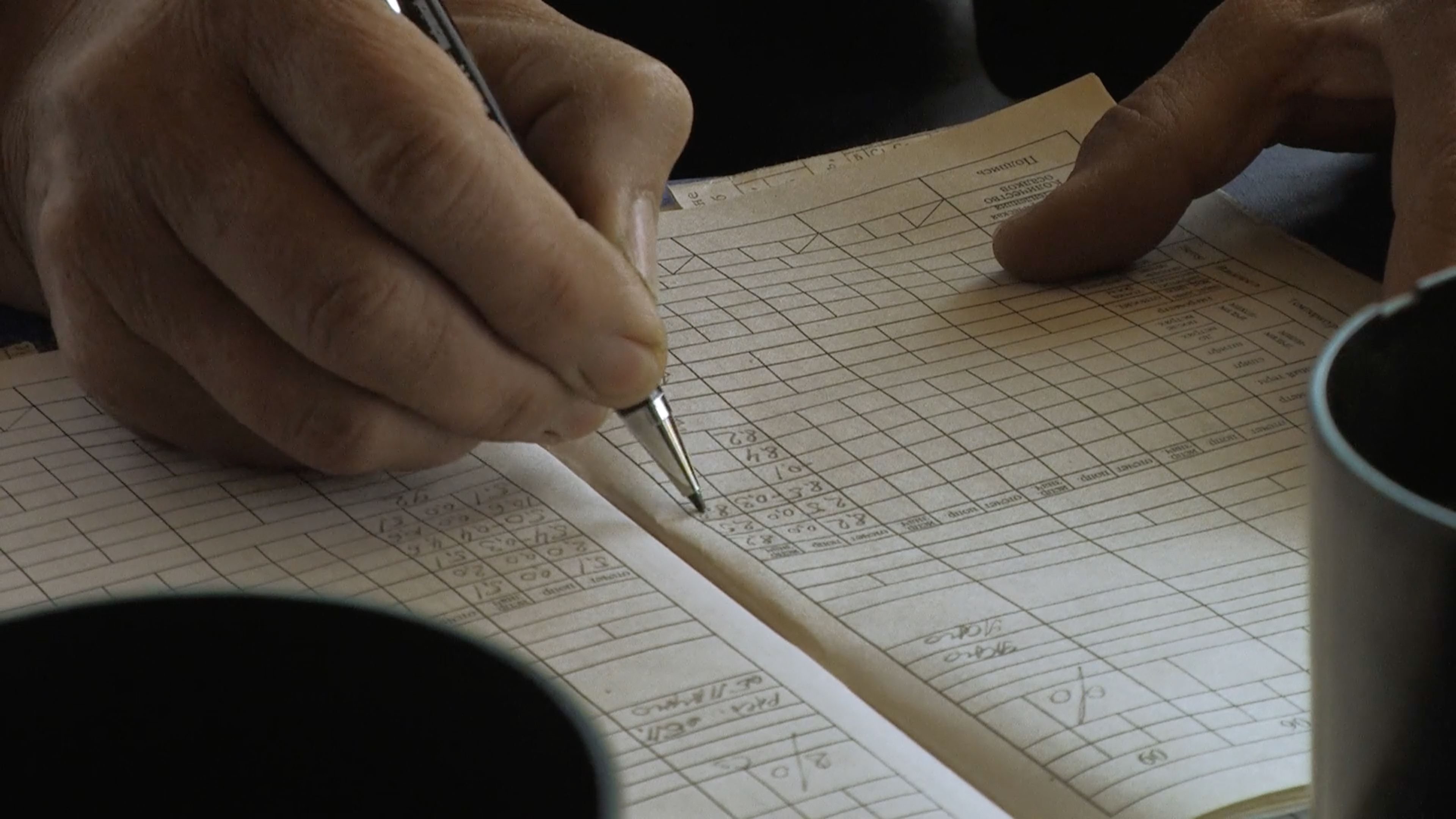
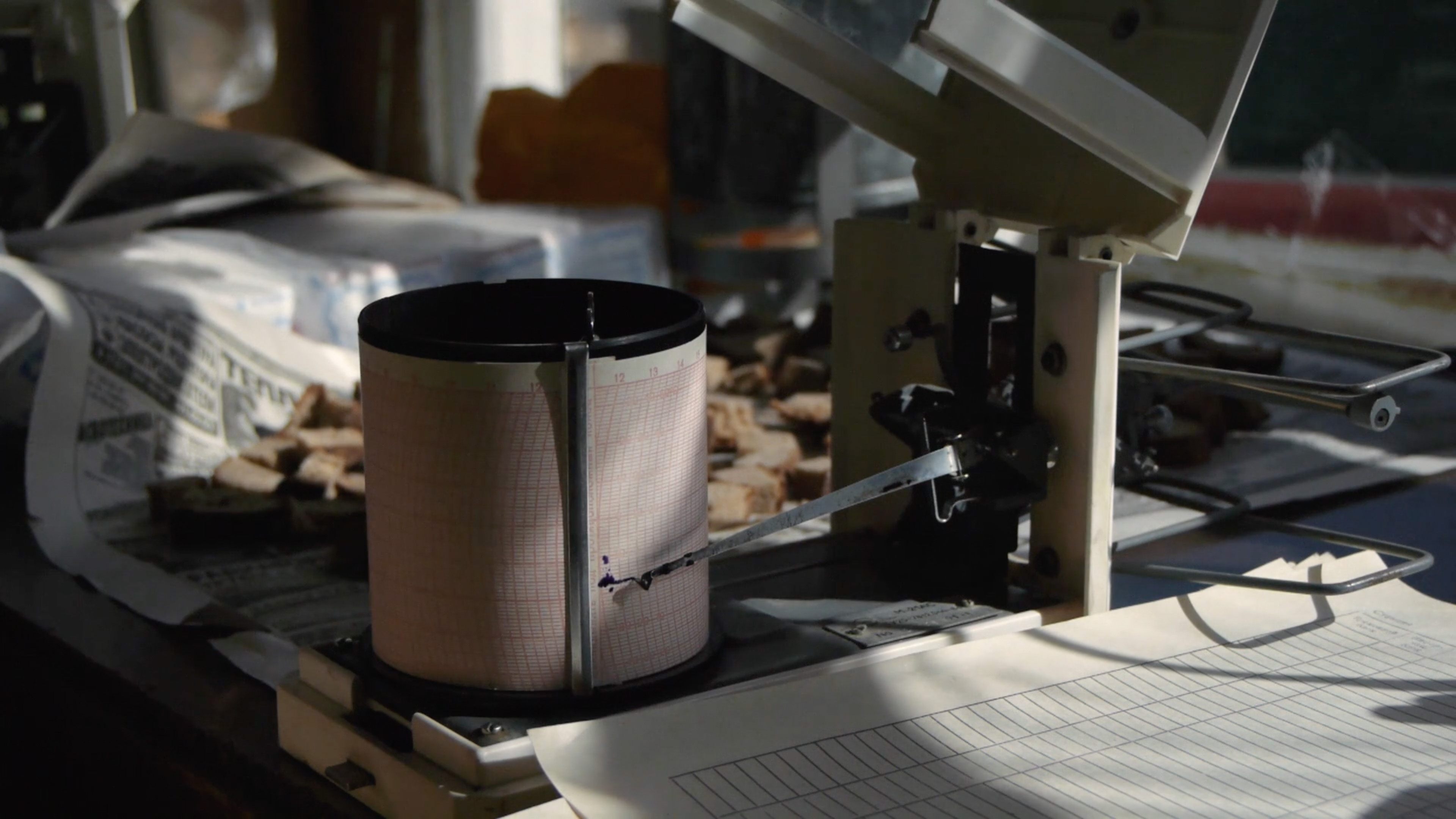
Video still from “Woman and the Glacier”, 2016, by Audrius Stonys. Courtesy of the author.
Intro image: “Woman and the Glacier”, 2016, production shot. Courtesy of Audrius Stonys.
The documentary Woman and the Glacier, 2016, directed by Audrius Stonys, captures Aušra Revutaite’s everyday life and work, alone, atop the Tuiuksu glacier, studying the effects of climate change. Straddling the borders between Kazakhstan, Kyrgyzstan and the autonomous Chinese region of Xinjiang, the monumental glacier in the Tian Shan mountain range stands over 11,000 feet above sea level. It’s there that Revutaite arrived in 1982 on a scientific mission to understand and document the consequences of global warming – and felt compelled to stay. She turned an old Soviet-era research station into a home and continues to live and work there to this day. Employing magnificent, often dream-like shots of the surrounding landscape – melting ice flows, underground streams, winding caves, rock-strewn mountaintops – as well as archival footage from previous scientific expeditions in the region, Woman and the Glacier is a portrait of a scientific life, lived in solitude, at the top of the world.
The Audrius Stonys (Lithuania, 1966) studied film directing in Vilnius, where he was a professor, in the Lithuanian Academy of Music and Theatre. He later studied at the Jonas Mekas Film Anthology Archive, in New York. His films received numerous international awards, among them, the Grand Prix in Split, and other prizes in Bornholm, Florence, Gyor, Neu Brandenburg, Oberhausen, Bilbao and San Francisco. In 1992, the documentary film “Earth of the Blind” was recognised by European Film Academy as the Best European Documentary Film of the Year and received the Premio Felix. In 2017, his documentary “Woman and the Glacier” was Best Lithuanian Film and Best Film in the Baltic Gaze Competition at the Vilnius Film Festival.;
The Climate Emergency > Emergence public programme initiative energises critical analyses and creative proposals in moving beyond catastrophism and toward the emergence of environmentally sustainable futures. Interdisciplinary in breadth and international in scope, the programme is conceptualised by the newly-formed 2021 Climate Collective: T. J. Demos (USA), chair and chief-curator, Molemo Moiloa (South Africa), Susan Schuppli (UK), Paulo Tavares (Brazil), geared toward assembling diverse cultural practitioners working at the intersection of experimental arts and political ecology.
As part of the programme taking place from April until December 2021, the Climate Collective has curated an online video screening series featuring films by a variety of international and local practitioners around themes addressed in the ongoing events.
“maat Explorations” is a programme framework featuring an ongoing series of exhibitions, public and educational projects delving into the multi-faceted subject of environmental transformation from various scholarly and experimental vantage points – it brings philosophical and political perspectives forward, as well as sociocultural and technological investigations interwoven in speculative and critical practices in the arts and design at large.
Central to the discursive and critical effort of “maat Explorations” is the establishment of the Climate Collective, a rotating group of experts in the expanded field of contemporary art, design and technology that will each year propose a refreshed vision on the connection between creative practices, ecological thought and politics.


